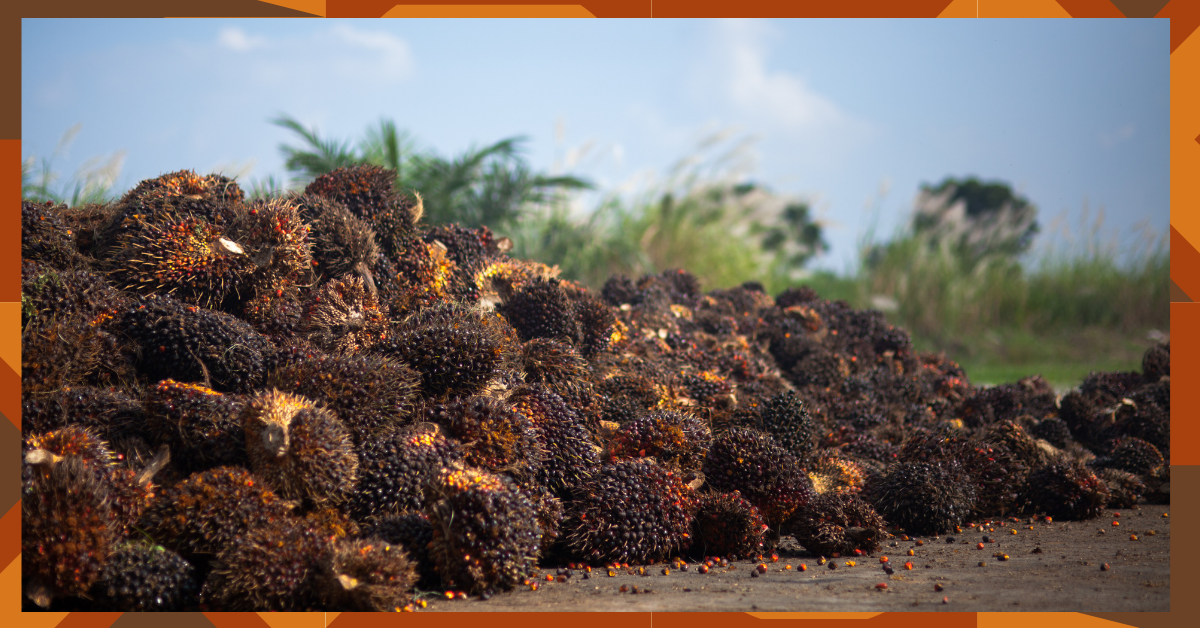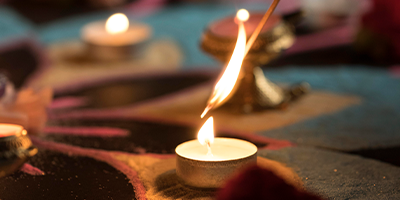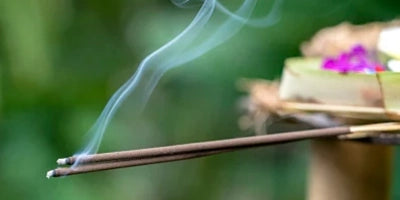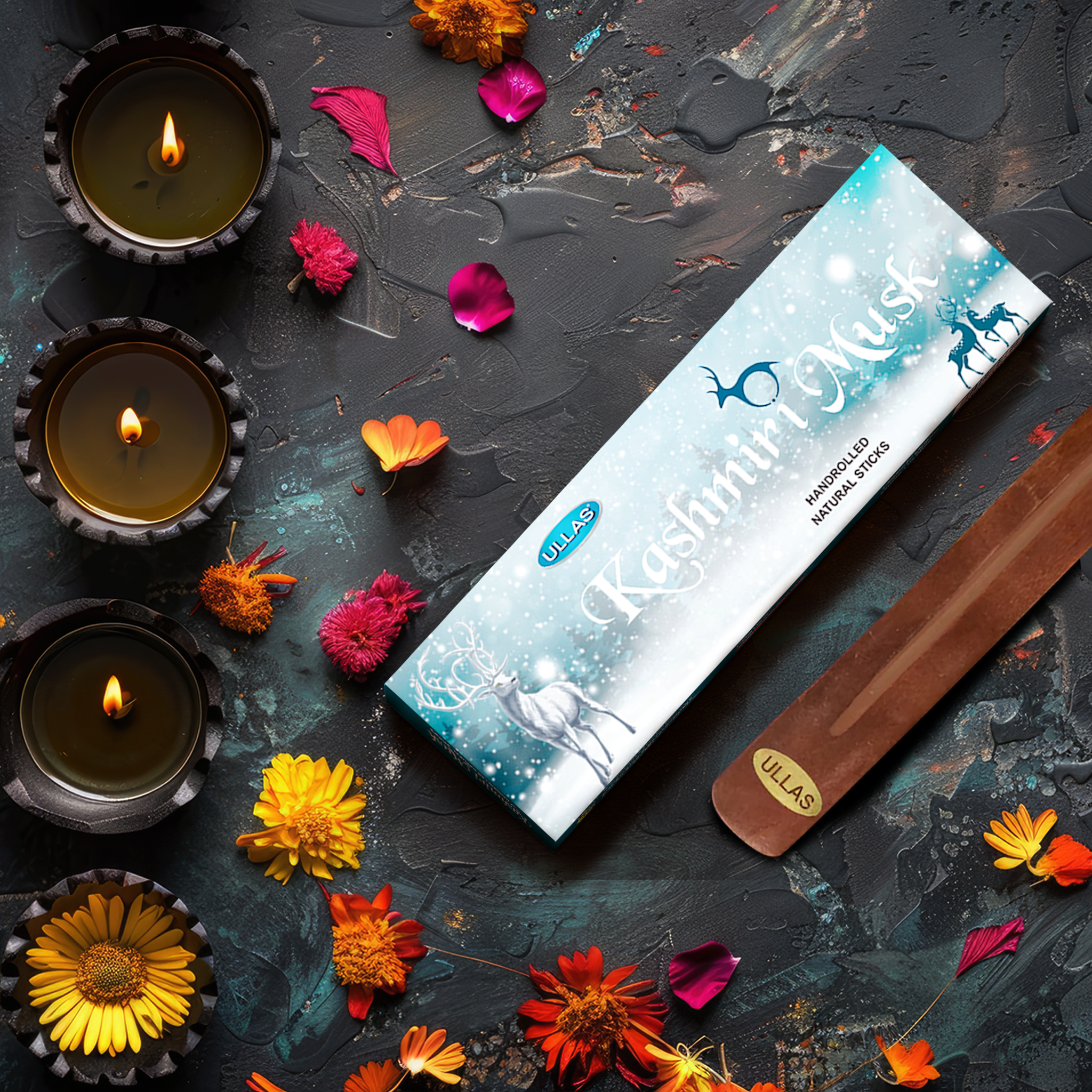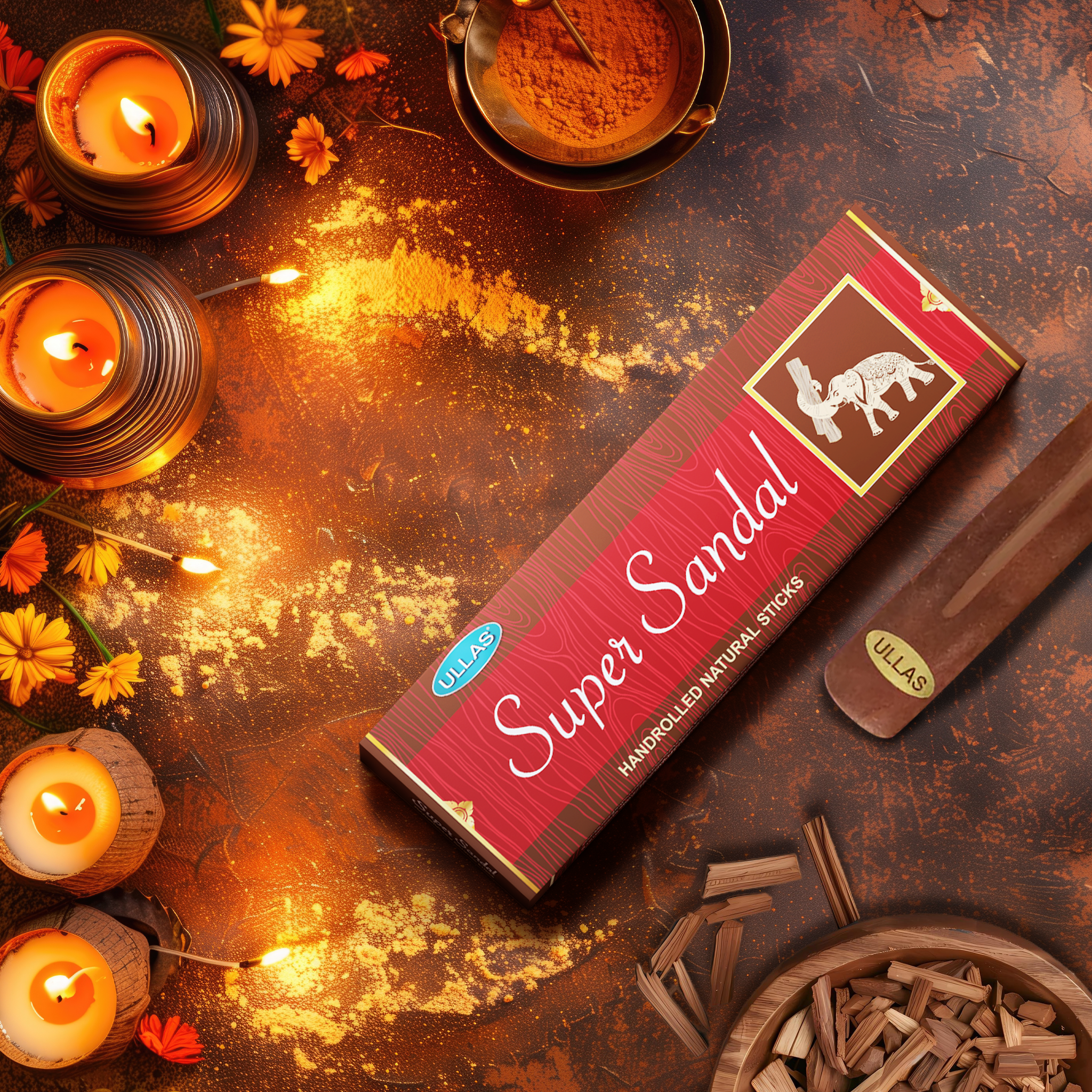
Delving into the Rich Cultural Heritage of Indian Tradition about Agarbatties
Deep within India, there is a sweet-smelling tradition that has lasted for generations: Incense Sticks (Agarbatties). These fragrant sticks have become an integral part of our religious rituals, spiritual practices and everyday life. From the ancient temples in the charming streets of Varanasi to the bustling households of modern Metro Cities, incense stick is a testimony to India’s rich cultural heritage. This article examines the intriguing history, importance and present day relevance of incenses.
The Historical Origin of Incense Stick in India
Usage of agarbattis in India dates back thousands of years with its roots deep within Vedic traditions. In one of the earliest scriptures, Rigveda, mention is made about use of aromatic substances like sandalwood and agarwood during ordinary rites. These references indicate how important fragrance was during these religious ceremonies where burning incense sticks were thought to purify air and invoke divine blessings .
Traditional use incense evolved through different ages but reached its peak during Mauryan and Gupta periods. Production was majorly confined to temples and royal courts where skilled workers blended various ingredients to come up with complex formulas in a labor-intensive process.
The Spiritual and Ritualistic Significance of Incense
Incense sticks are given great spiritual significance in the Indian culture. Hindu, Buddhist and Jainism have incense sticks as an essential part of their religious rituals which represent the transformation from matter to spirit. According to one belief, rising smoke from incense is a connection between heaven and earth through which prayers and offerings are transported.
Puja ceremonies in Hinduism respect this by burning incense. In Buddhism, on the other hand, incense depicts life’s transitoriness and lessons regarding mindfulness. Incenses also symbolize non-violence and respect for all living beings during Jain practices.
Cultural Acceptance of Incense Sticks
Over time, these items have become a part of the daily lives of Indians that go beyond religion. The calming smell from agarbatties pervades this festive season making it more tranquil than any other.
This is evident especially when it comes to lighting up incenses during Diwali Puja. For instance, it is thought that its scent purifies negative energy while at the same time inviting wealth and happiness into one’s home. Likewise, devotees drape themselves in the aroma of incenses as they offer prayer during Navratri celebrations too.
Emergence of Organic Incense Sticks
The recent trend has been towards organic and environmentally friendly products. Incense sticks have not been left behind. Keeping in line with the modernity of our times, there’s an increasing demand on for sustainable incense sticks made of natural ingredients that satisfy the needs of a growing consumer base that desires eco-friendly alternatives that are free from synthetic chemicals or harmful additives.
However, these organic incense sticks are not only cleaner and healthier, but they also maintain traditional methods of production. With its range of fragrances made from 100% natural ingredients, Ullas Agarbatti stands out as a leader in this field. By offering such organic products, it is ensured that ancient art of making incenses thrives in a way that harmonizes with contemporary environmental values.
The Global Appeal of Indian Incense Sticks
Indian agarbatties don’t just captivate the domestic market but have also gained a loyal following around the world. Different types of aromatic Indian agarbatties coupled with their cultural heritage have increased demand for them in international markets. In many countries, such as yoga studios, meditation centers and homes, there is a significant supply of Indian incense.
The global appeal of Indian incense is increasing due to growing worldwide love for holistic wellness practices. For instance, aromatherapy: one of these forms make use of healing abilities found in organic smells that has contributed to the popularity of incense sticks. These peaceful scents are mostly used by people who require tranquility like sandalwood and jasmine.
The journey of incense sticks through Indian tradition shows how they are still meaningful culturally, spiritually and for their fragrance. From ancient Vedic rituals to modern day wellness trends this kind of incense sticks has continued touching millions across the globe even today.
